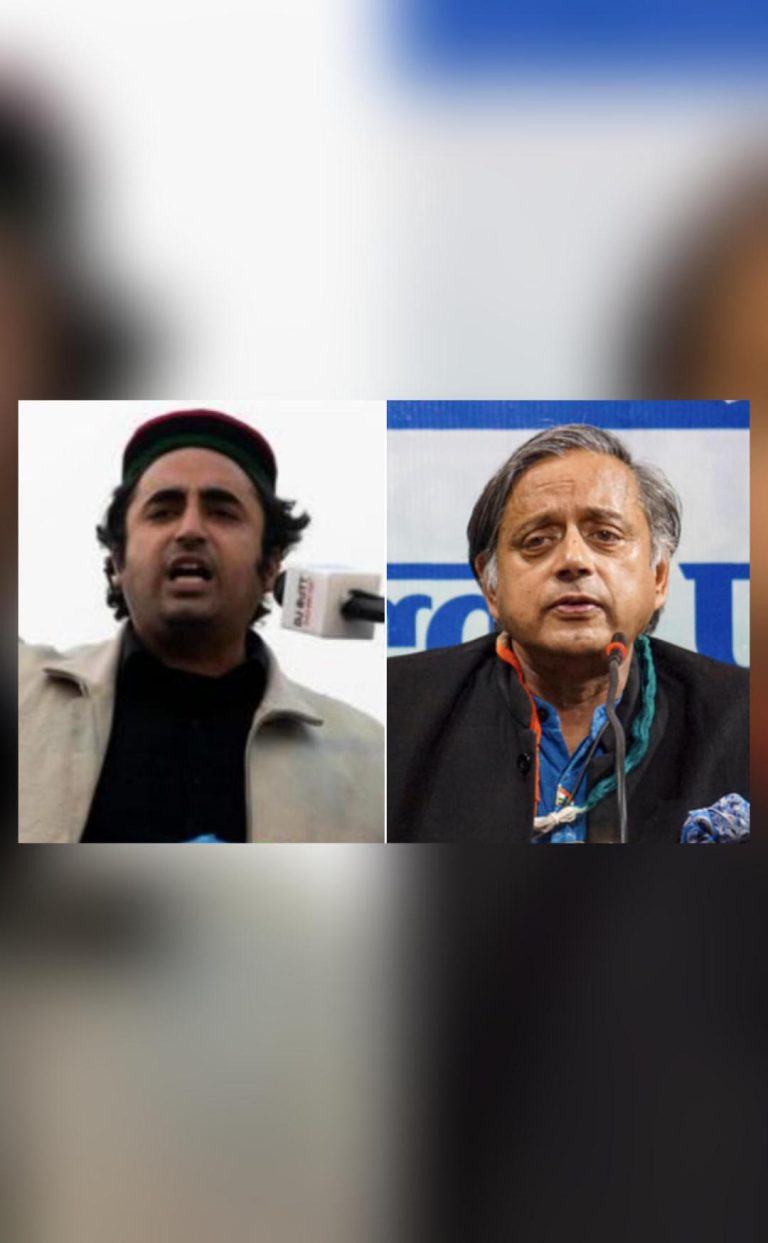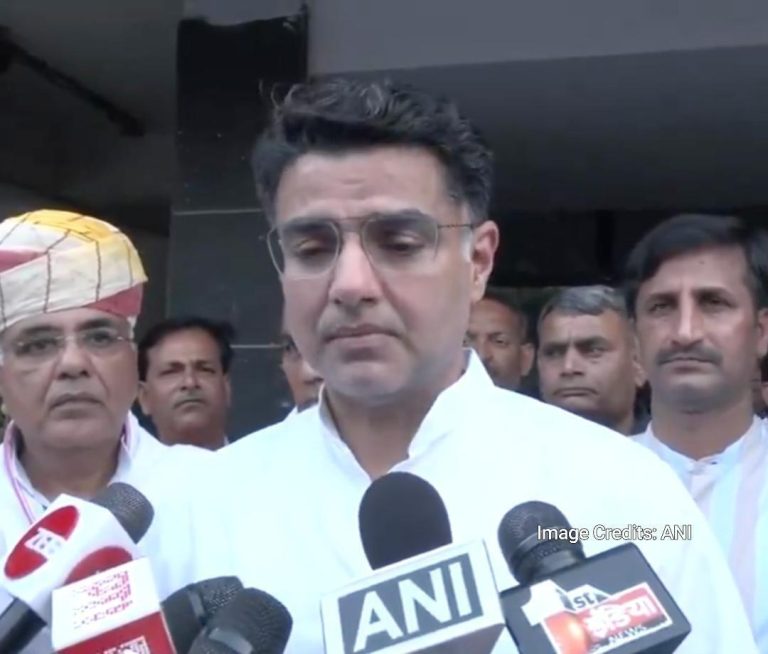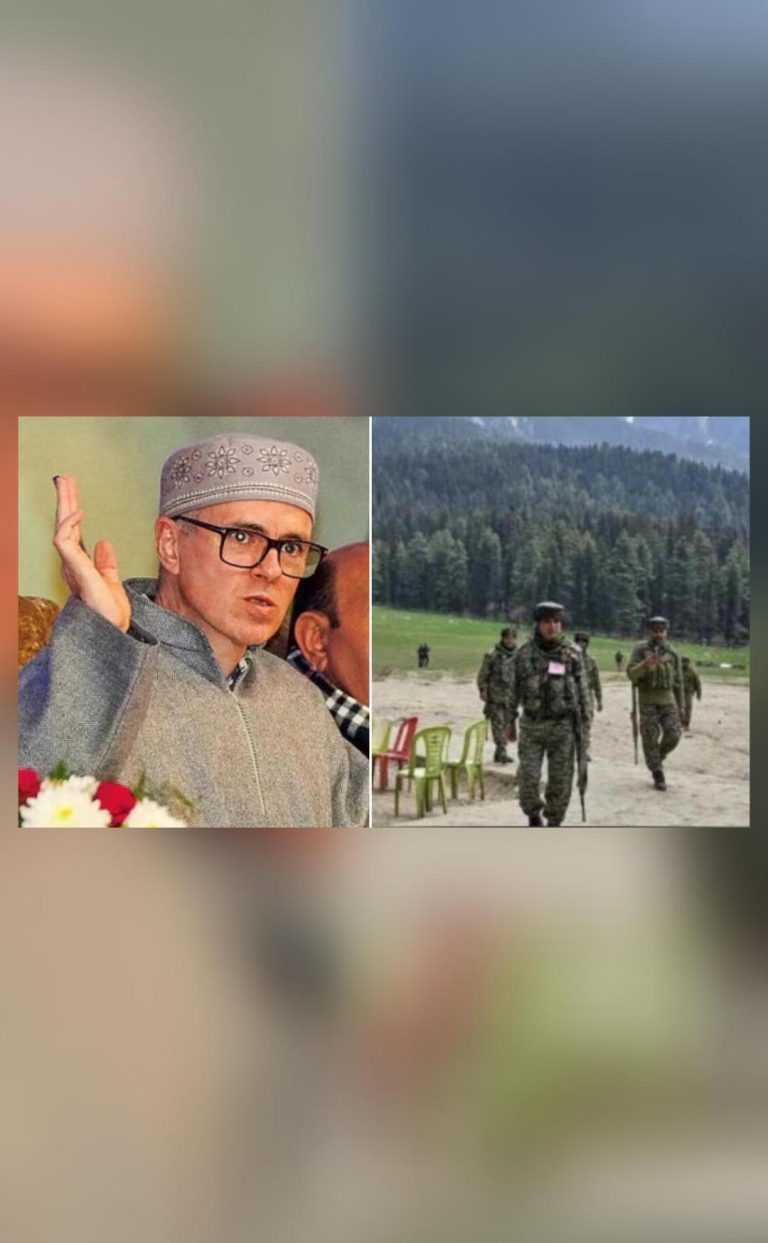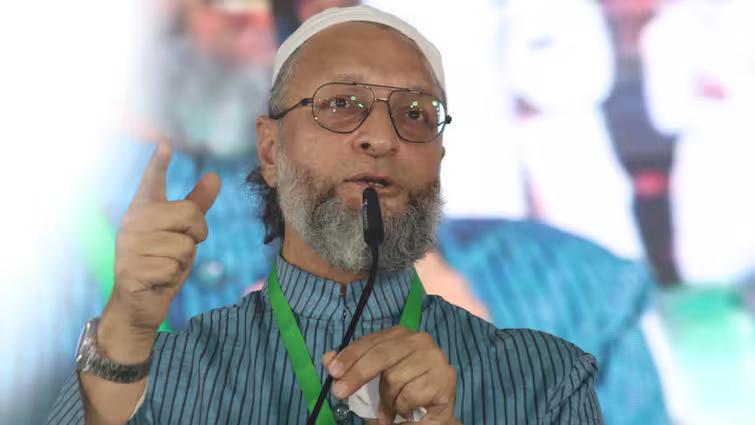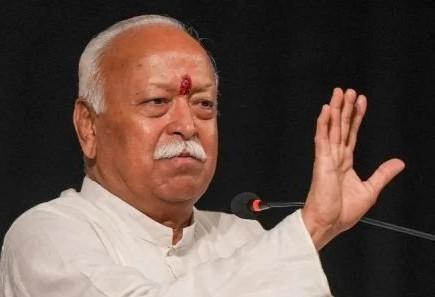
If someone turns to evil then we’ll teach lesson: Bhagwat on J&K attack
In the wake of the recent terror attack in Pahalgam, Jammu and Kashmir, Rashtriya Swayamsevak Sangh (RSS) chief Mohan Bhagwat has made some remarks that have sparked a debate in the country. While emphasizing that non-violence is India’s religion, Bhagwat also stressed the need to teach a lesson to “oppressors and hooligans”. This statement has raised questions about the fine line between self-defense and retaliation.
In an interview with a prominent news channel, Bhagwat said, “We never harm or disrespect our neighbours, but if someone is bent on being evil, what is the cure? The king’s duty is to protect the people, and he will do his duty.” His words have been seen as a veiled warning to those who perpetrate violence and terrorism, and a promise to take action against them.
The recent terror attack in Pahalgam, which claimed the lives of several innocent people, has sent shockwaves across the country. The incident has once again highlighted the need for effective measures to combat terrorism and ensure the safety and security of citizens.
Bhagwat’s remarks come at a time when the country is grappling with the challenges of terrorism and communal tensions. His statement has been seen as a message to those who engage in violent activities, warning them of the consequences of their actions.
Non-violence is a fundamental aspect of Indian culture and philosophy. Mahatma Gandhi’s philosophy of non-violence was instrumental in India’s struggle for independence, and it continues to inspire people around the world. However, Bhagwat’s statement has also highlighted the need for self-defense and the protection of citizens.
In recent years, India has faced numerous terrorist attacks, including the Pulwama attack in 2019, which claimed the lives of 40 CRPF personnel. The incident led to a surge in tensions between India and Pakistan, and it highlighted the need for effective measures to combat terrorism.
Bhagwat’s statement has also been seen as a response to the growing trend of violence and terrorism in the country. The RSS chief has been a vocal critic of terrorism and has emphasized the need for a strong and effective response to these threats.
However, Bhagwat’s statement has also raised questions about the need for a nuanced approach to dealing with terrorism. While it is important to take action against terrorists and their sympathizers, it is also important to ensure that innocent civilians are not caught in the crossfire.
The incident in Pahalgam has once again highlighted the need for effective measures to combat terrorism and ensure the safety and security of citizens. The government has promised to take strong action against those responsible for the attack, and Bhagwat’s statement has been seen as a message to those who engage in violent activities.
In conclusion, Bhagwat’s statement has sparked a debate about the fine line between self-defense and retaliation. While non-violence is an important aspect of Indian culture and philosophy, it is also important to recognize the need for effective measures to combat terrorism and ensure the safety and security of citizens. The incident in Pahalgam has once again highlighted the need for a nuanced approach to dealing with terrorism, and Bhagwat’s statement has been seen as a message to those who engage in violent activities.
Source:
https://youtu.be/SpAKVWl5wII
